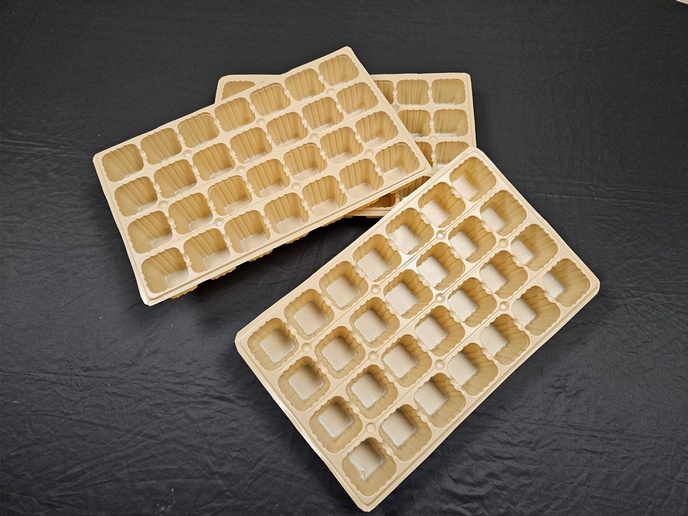Nanotechnology for (bio)chemical analysis
The BIOFINGER project developed a versatile, inexpensive, and easy-to-use technology for health, environmental and other applications on the basis of measurement of molecular interactions. More specifically, integrated micro- and nano-cantilever sensors have been successfully tested for the detection of tumour markers and viruses in clinical and pre-clinical diagnosis. The basic concept behind the nano-cantilever-based sensors is the piezoresistive effect, where an applied mechanical stress causes a changing electrical resistance of a material. The U-shaped cantilevers of a sub-micron thickness can provide an electrical voltage output proportional to the differential deflection between cantilevers. Made of polycrystalline silicon, the nano-cantilevers form arrays of two and four cantilevers in a single chip. The cantilever's structure with a flat tip allows the measurement of intermolecular forces when binding of a functionalised cantilever with a differently functionalised surface occurs. Moreover, suitably modified piezoresistive cantilever chips with a sharp tip chip are compatible with atomic force microscopy (AFM) instruments and can be used in binding force detection measurements. The flat-tip cantilever devices may be employed in in-vitro diagnostics, which are based on low-concentration protein detection and constitute a very prominent application scenario in human healthcare. Other potential applications include the development of highly sensitive instruments for near-patient testing. The modified cantilevers are expected to find useful AFM applications including development of all electrical AFM instruments.







